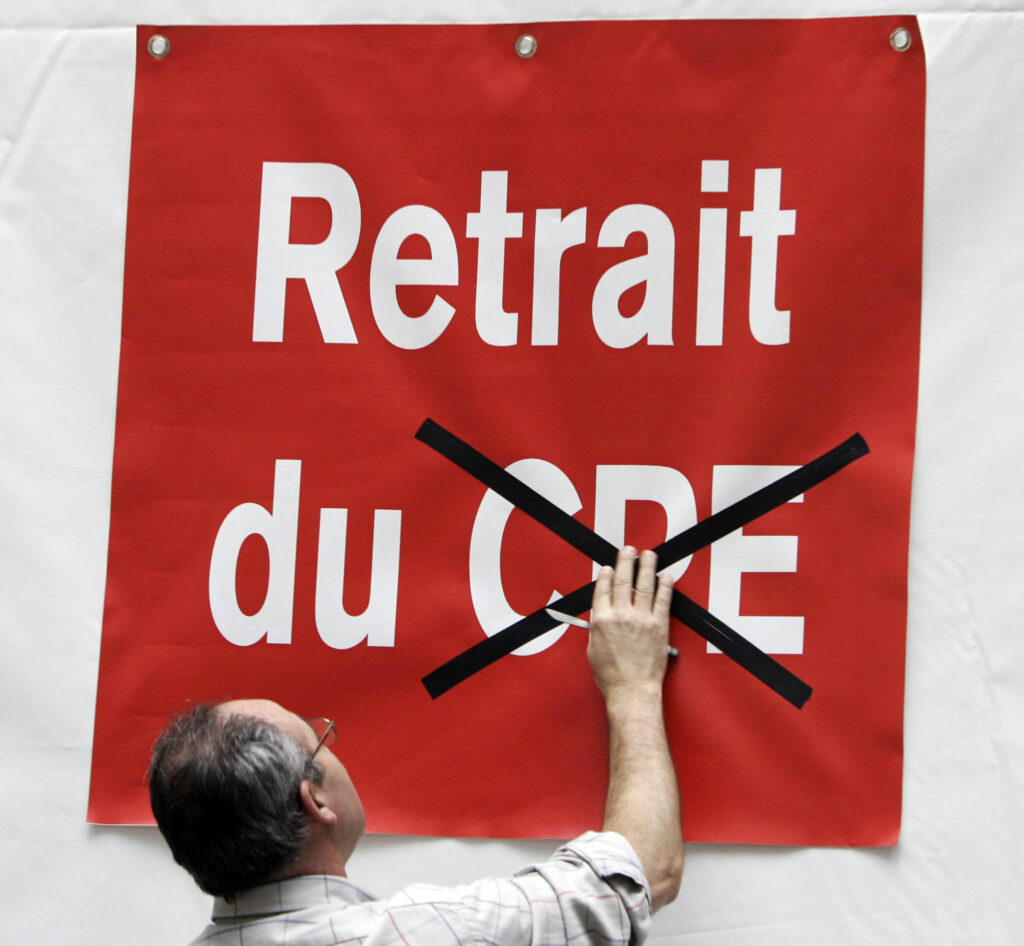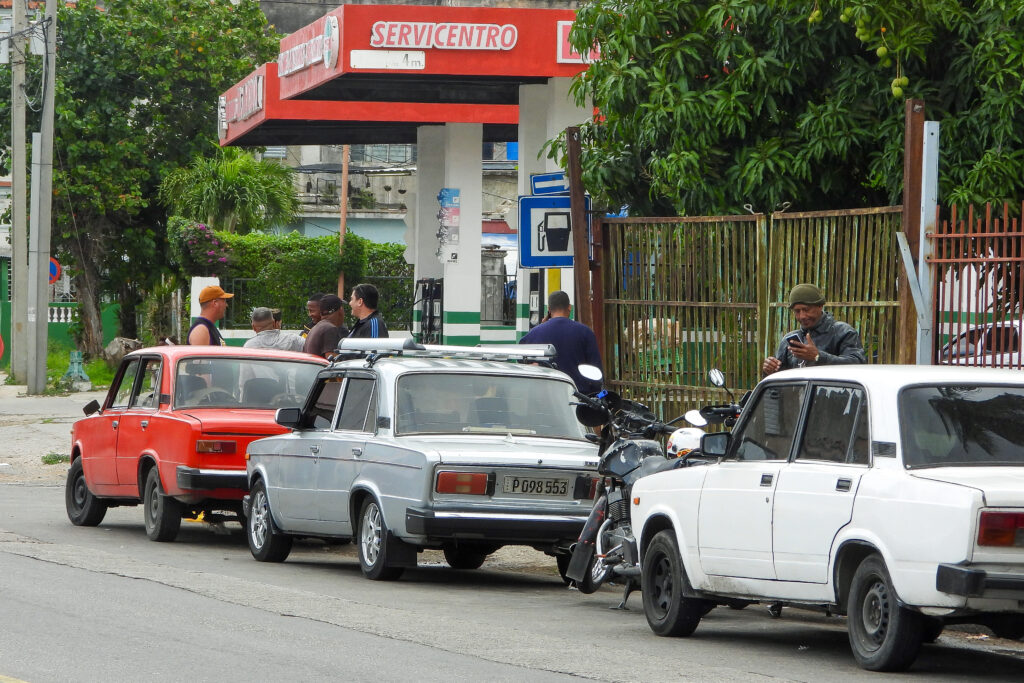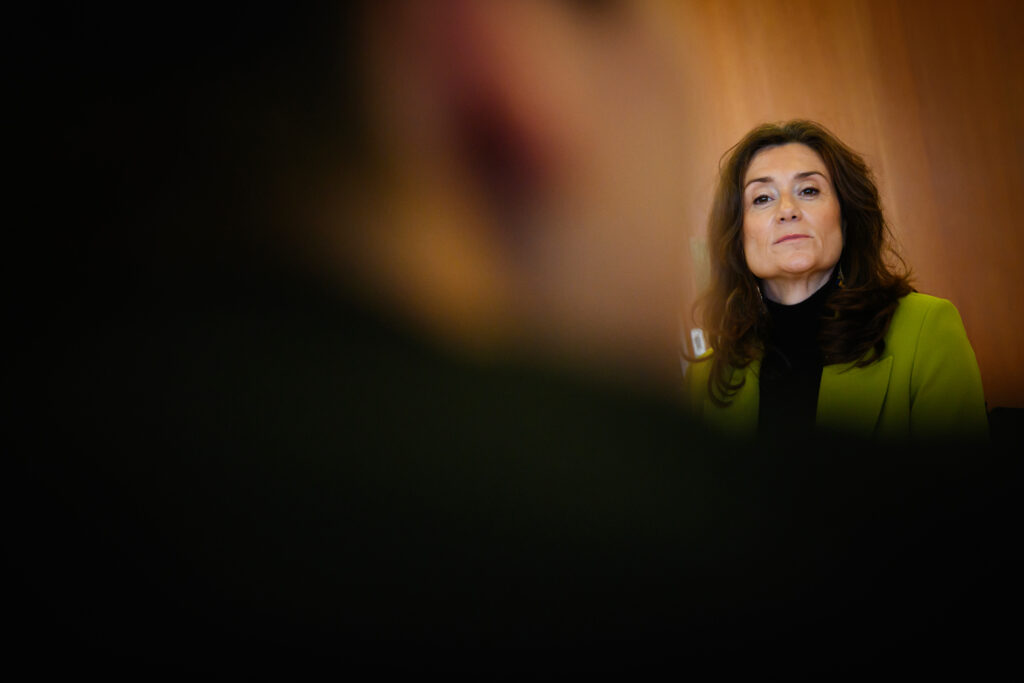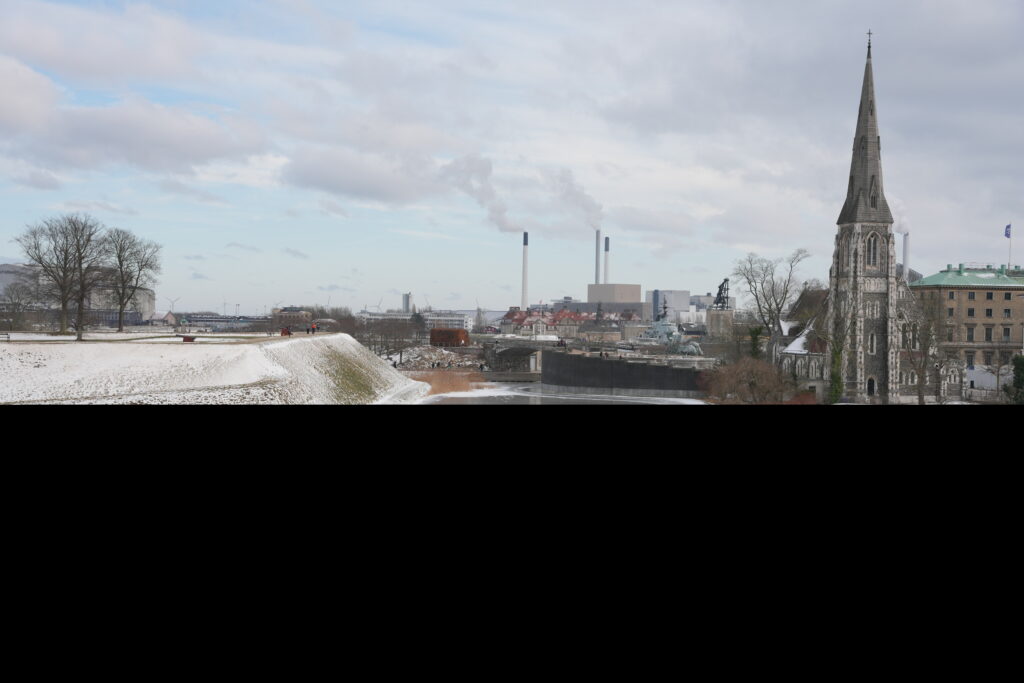“CPE XXL”, “CPE déguisé” : la proposition du Medef suscite l’ire de la CGT et de l’Unef
“CPE XXL”, “CPE déguisé” : la proposition du Medef de créer un CDI pouvant être rompu plus facilement pour lutter contre le chômage des jeunes a suscité samedi l’ire de la CGT et de l’Unef, cette dernière brandissant la menace d’une “mobilisation massive”.Selon des documents remis mercredi aux organisations syndicales et consultés par l’AFP vendredi, la principale organisation patronale a proposé la création d’un CDI “pouvant être rompu sans motif pendant les premières années”, avec “une indemnisation croissante en lien avec l’ancienneté du salarié en cas de rupture”.Ce dispositif comporte des similitudes avec le “contrat première embauche” (CPE), créé en 2006 par Dominique de Villepin alors Premier ministre, qui avait généré une mobilisation historique et amené le gouvernement à le supprimer avant son application. “Alors que nous fêtons cette année les 20 ans de la victoire contre le CPE, le Medef ose remettre le couvert” et “réussit à faire pire que le CPE qui avait 2 ans de période d’essai”, a réagi samedi la CGT dans un communiqué.”Ce projet est une déclaration de guerre contre les jeunes et les salarié.e.s”, ajoute l’organisation syndicale. La CGT prévient qu’elle “refusera catégoriquement de s’engager dans toute négociation qui comporte ces éléments”.Même indignation du côté du syndicat étudiant Unef qui a appelé, quelques heures plus tard, “l’ensemble de la jeunesse, étudiante et travailleuse, à se mobiliser contre ces attaques inacceptables”.La mesure “vise à créer une génération de jeunes travailleurs précaires, corvéables à merci, sans droits ni protections”, dénonce l’Unef qui demande aux organisations syndicales “de refuser catégoriquement toute négociation sur ces bases et aux forces politiques progressistes de s'(y) opposer fermement”.- “Pistes de réflexion” -Concernant l’autre suggestion du Medef visant à adapter le niveau de rémunération des primo-entrants, le syndicat dénonce une “discrimination pure et simple fondée sur l’âge” qui “précariserait davantage des centaines de milliers de jeunes déjà confrontés à une précarité qui explose et à des conditions de travail déplorables”. “Si le gouvernement ou le patronat tentent d’imposer ces attaques contre notre camp social, nous saurons, comme en 2006, nous mobiliser massivement pour les faire reculer”, prévient l’Unef.Joint par l’AFP vendredi, le Medef avait indiqué qu’il ne s’agissait pour l’heure que de “propositions pour nourrir le débat”. Dans son document, l’organisation patronale expliquait que les mesures proposées avaient vocation à s’attaquer à la problématique des jeunes NEET (ni en emploi, ni en études, ni en formation).”Il ne s’agit pas de se séparer plus facilement”, a insisté samedi sur franceinfo Fabrice le Saché vice-président du Medef. “Toute la logique qui préside à ces pistes de réflexion – et pas propositions – (…) c’est comment on fait pour arrêter le scandale absolu d’avoir 1,4 million de jeunes qui ne sont ni en formation ni en étude ni en emploi, d’avoir 19% de taux de chômage chez les jeunes”.”Nous ce qu’on essaye de régler c’est ça (…) il faut arrêter ce gâchis humain”, a-t-il ajouté.







